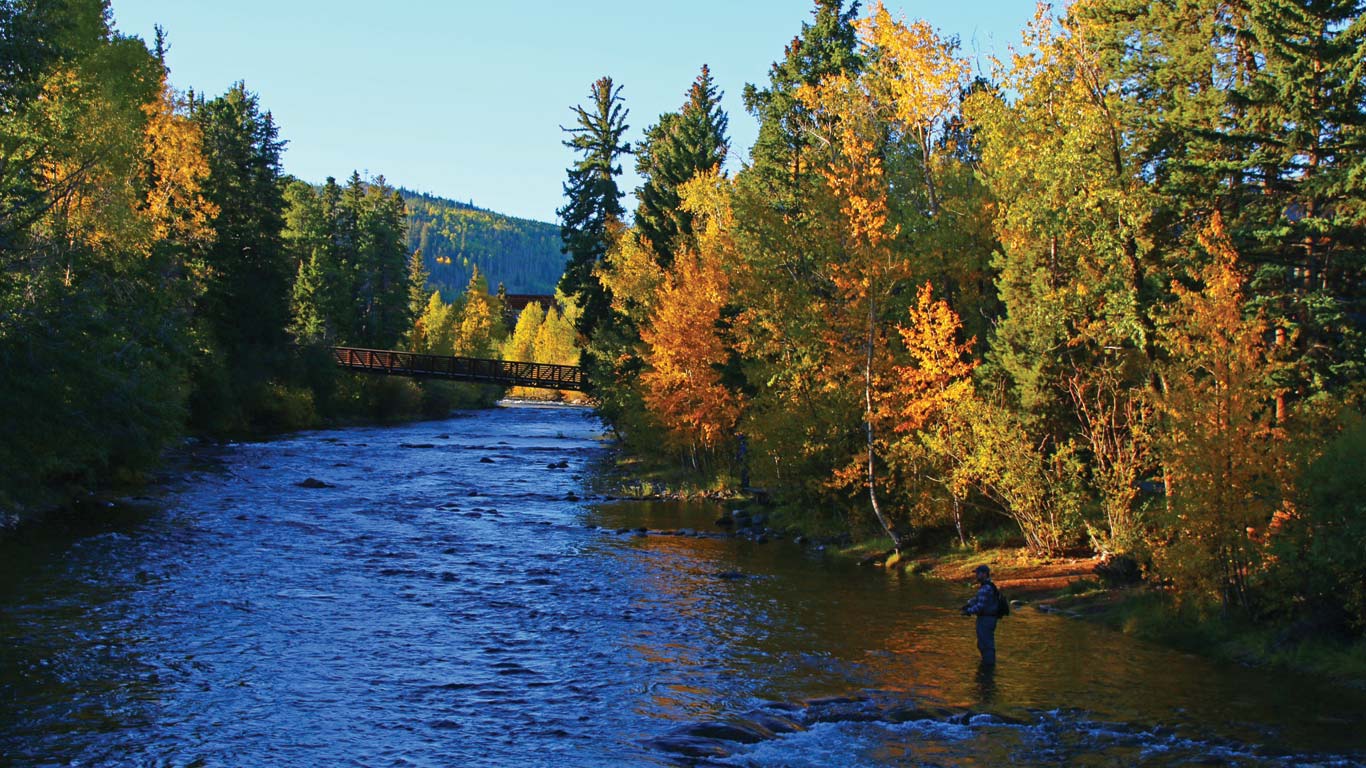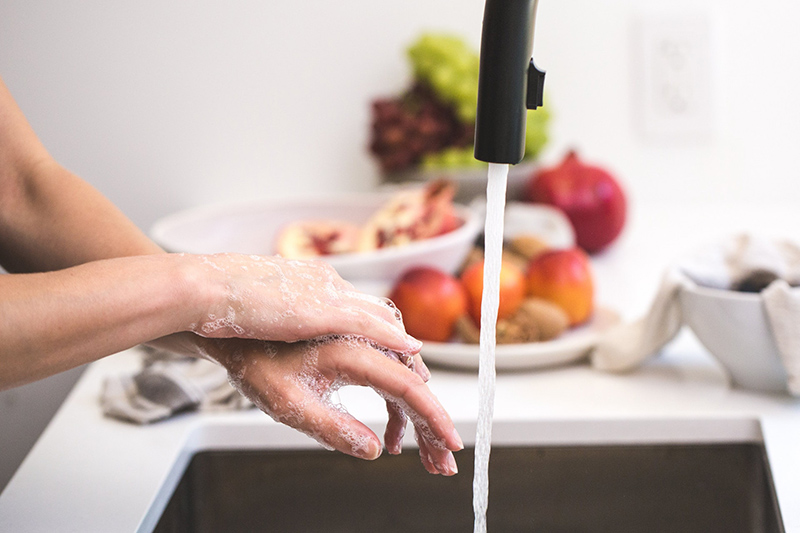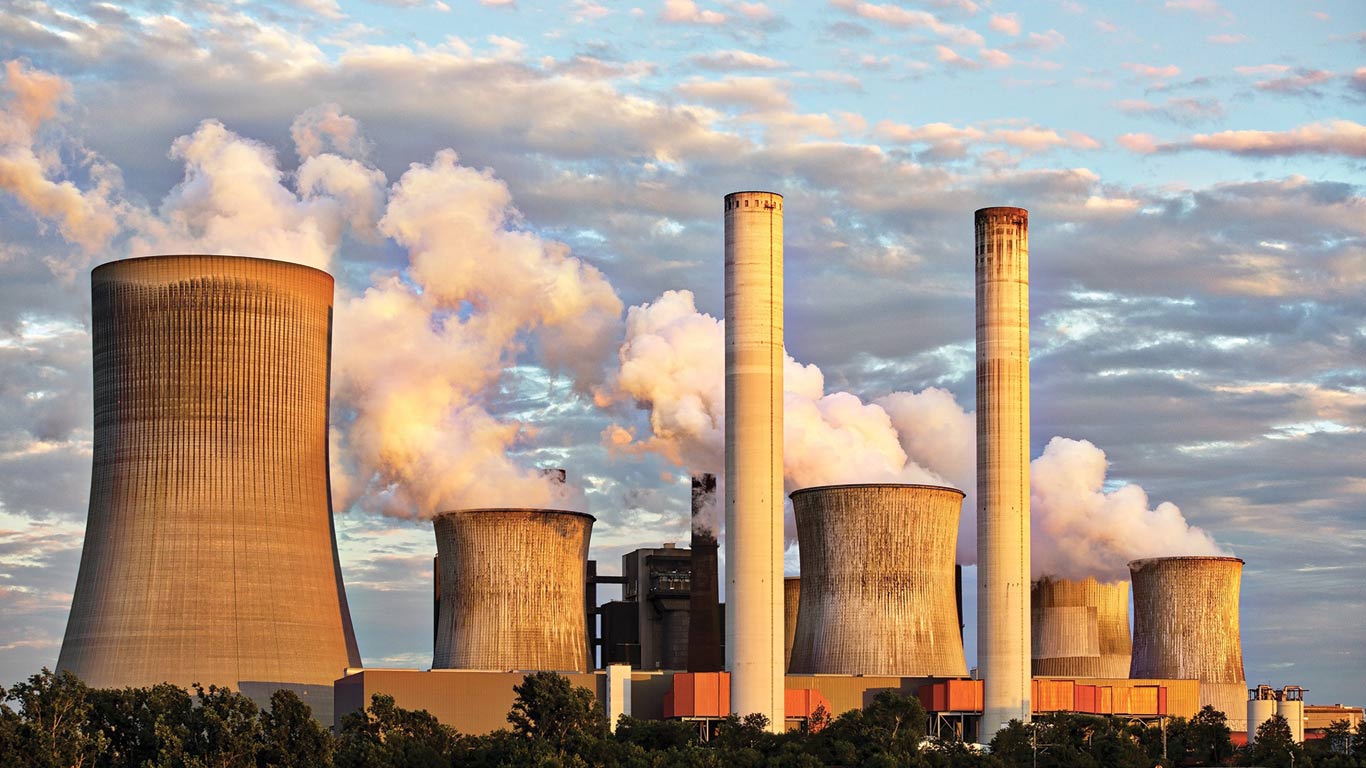
Dear Eartha, I see that Imagine a Day Without Water is coming up. It got me thinking about all the ways I use water in my daily life and there are a lot! Can you imagine our resources drying up? Colorado and Summit County are quickly growing. How will there be enough?
I’m glad you’re interested in conserving water. Imagine a Day Without Water, Oct. 10, is a great chance for everyone to stop and think about how much water they use and even cut back in some areas. It can get us all thinking in a good way — a way that helps conserve our increasingly scarce water resources here in the dry West.
Did you know that by 2050 our water resources in the Blue River Watershed are expected to be some 15 billion gallons short every year? That means there won’t be as much water from the Blue River to be diverted to the Front Range or sent downstream via the Colorado River to other Western states. That’s because we’re using too much of what we have.
A DAY OF WATER REFLECTION
I think we all understand that water is essential and sometimes we take it for granted. I recently decided to challenge myself by really thinking hard about everything I did in a single day that involved water. Let me tell you what I discovered.
I woke up and brushed my teeth then brewed some fresh coffee. I savored my robust blend while I cooked my favorite breakfast — eggs benedict with some fruit on the side. It was a Sunday morning, after all. I immediately realized that without water, I wouldn’t have been able to brush my teeth or poach the eggs. Then I paused and thought about the water needed to produce the fruit and the coffee beans, and even to brew the coffee.
Next, I went down to Lake Dillon to kayak. It’s something I like to do on a foggy weekend morning, and it was foggy. As I paddled around I began to think about how fortunate we are to live in such a beautiful place as Summit County, and to enjoy recreating so close to home in the water, on the snow, hiking along a creek, you name it. Most of these things are pure water, even the fog that I was enjoying in the cool morning air.
Soon, the sun came out to burn off the fog and warm things up a bit. It was time to meet up with some friends at a local brewery. We enjoyed the weather and a few brews — my favorite social pastime, but alas! Not possible with no water. Beer needs water to grow grains and hops, and of course to brew. I don’t know how I would fare without my two favorite beverages — coffee and beer.
I decided I should look into the issue further. I thought about all the infrastructure needed to bring the water to me. Pipes lead from each water source to every building around us, and then inside each building, there are lots of smaller pipes. The United States Geological Survey estimates that each person in the U.S. uses 80 to 100 gallons of water daily in their home.
ENERGY USE IS WATER USE
Many people aren’t aware that water is needed to produce the most electricity. I’m not talking about hydroelectric power (which obviously uses water). I’m referring to the sources where we still get the majority of our electricity — coal, natural gas, and nuclear power plants. The water is used in cooling and heating processes to produce the power. The smoke you see coming from these plants is usually steam, actually.
In fact, almost 40 percent of the freshwater we use in the U.S. is for electricity production. Let me give you an idea of just how much this is. Upwards of 50,000 gallons are needed to produce a one-megawatt hour of electricity; one neighborhood (330 homes) uses that in an hour. This amount of water does not take into account water used to extract the fuel (fracking, anyone?) and even build the plants, but that’s a discussion for another day.
MY CHALLENGE TO YOU
Whether right in front of us, gushing through pipes, or being used for processing in a power plant or factory, water is involved in almost every aspect of daily life, though most of us probably don’t notice it all the time. That’s OK, but just take a day to imagine not having water and see what you discover. We can’t eliminate the need for water, but we can use it a little less and appreciate it a little more.
This Oct. 10, I urge you to challenge yourself, not in refraining from using water at all, but by thinking about how we use it. Without it, how would we cook, shower, or even flush the toilet? Let’s all be a little more grateful for a precious and increasingly scarce resource we should value so much.



